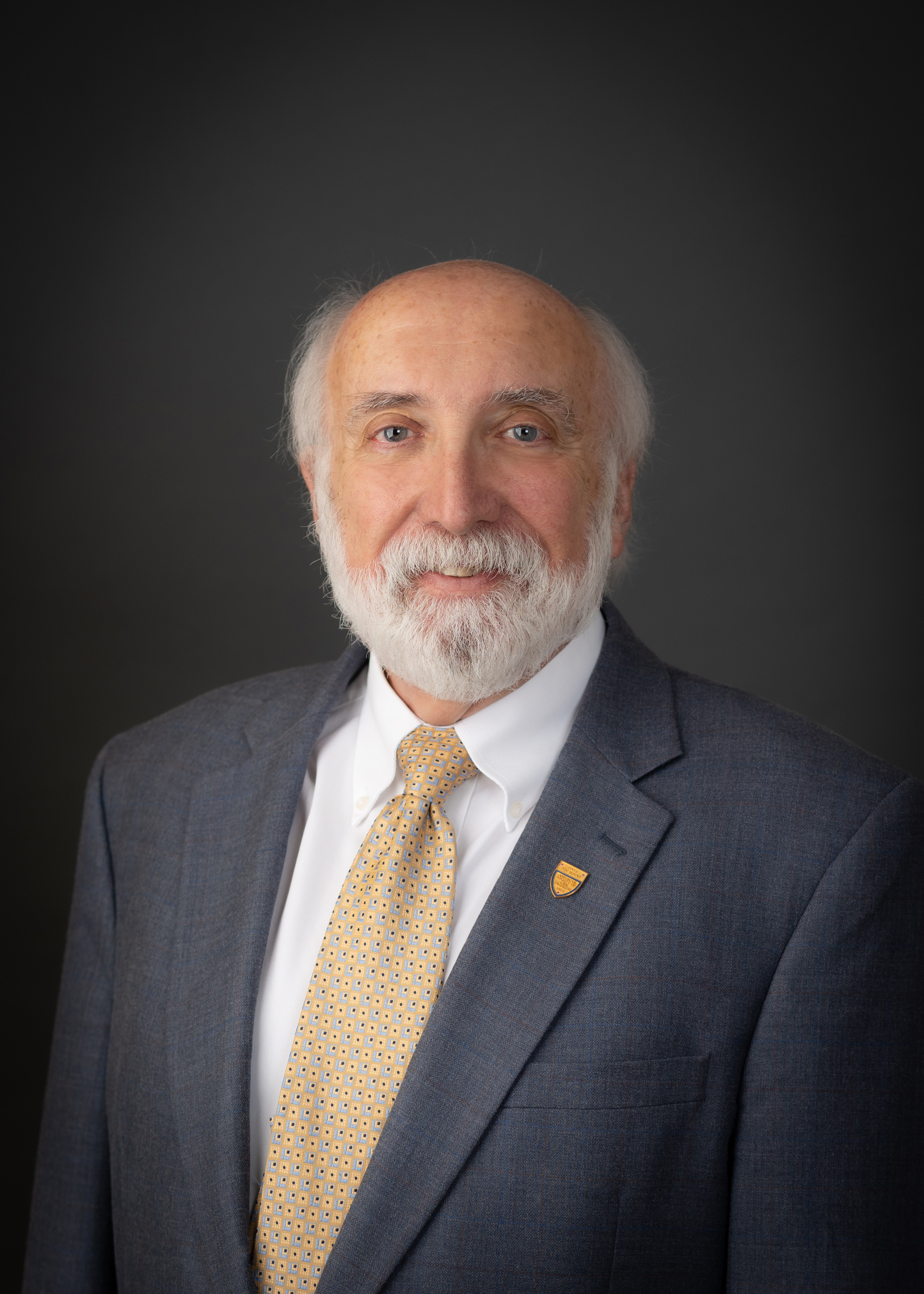 Reviewing Mississippi statue, or the NCEES Model Law, or the code of ethics for your professional organizations, there is one commonly held charge for all who call themselves professional engineers - an explicit obligation to, first and foremost, ensure the health, safety, and welfare of the public. All of the public. As such, this can be defined several ways.
Reviewing Mississippi statue, or the NCEES Model Law, or the code of ethics for your professional organizations, there is one commonly held charge for all who call themselves professional engineers - an explicit obligation to, first and foremost, ensure the health, safety, and welfare of the public. All of the public. As such, this can be defined several ways.
Obviously, one’s technical competency is essential. To be competent requires life-long learning and continued study to maintain the current standard of care for the public we serve. It also means that we are required to strive to assure equitable address of society’s need when we apply our skills, having freedom from bias or favoritism, being fair and impartial, protect against conflicting interests.
For the past few decades, recognition of the engineering professions failures to achieve these standards centered in conversations promoting environmental justice. This happened as we became aware that giving priority to project capital cost over community impact led to the design and construction of infrastructure that imposed on, and ultimately damaged, neighborhoods of lower economic standing. This often occurred as we forced predominantly minority populations to coexist with facilities that had adverse economic and health outcomes.
More recently, conversations have centered on historical inequities in the development of transportation, community development, and municipal facilities. Two decades ago, the World Bank noted that infrastructure development, if done correctly, can be positive in terms of individual and aggregate income in neighborhoods, access to municipal services and healthcare, and an improved standard of living.
Equitable infrastructure development facilitates personal and public opportunities and raises the value of assets. It is an investment in human health and education. It provides a foundation for community development by giving needed access to internet, telecommunications, power, transportation, sanitation, and supports the incorporation of people and communities of all social standing into the fabric of society. Done wrong and the reverse is possible, even likely.
So, as we work to develop infrastructure for the 21st Century, we will need to use our technical and professional expertise to ensure the social, economic, and environmental well-being of all communities that our systems are meant to serve and those who will have to live with it.
About the author: Dr. Dennis D. Truax, P.E. has served on the Mississippi Board of Licensure for Professional Engineers & Surveyors for more than 18 years and is currently its longest serving member. He is the past president of the American Society of Civil Engineers and currently serves as the Chief Information Officer for Bibcurement, Inc. He’s also the host of The Civil Infrastructure Network Podcast.
Articles by contributors are not necessarily the viewpoint or opinion of the Mississippi Board of Licensure for Professional Engineers & Surveyors.
